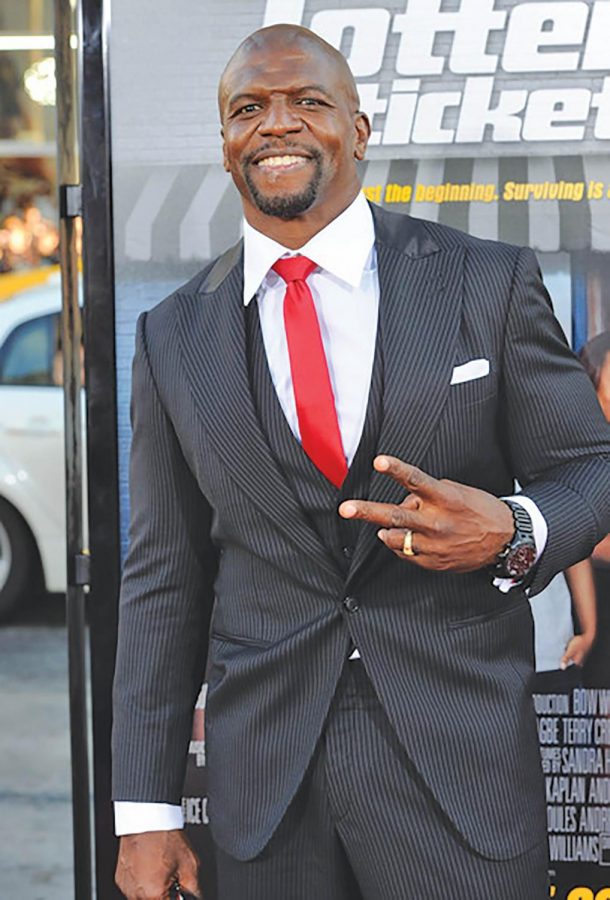Parenting controversy showcases lack of nuance on social media
Crews apologized on Twitter after having a conversation with cast member Stephanie Beatriz on March 5.
Keeping up with the never-ending stream of fights and feuds on social media can be exhausting. However, even if you don’t actively use Twitter and Facebook, it can be interesting to analyze the occasional controversy on those platforms to see what they reveal about society more generally at this specific moment in time.
Actor Terry Crews recently got blasted on Twitter for his comments regarding same-sex couples and raising children. In a tweet that he quickly deleted, Crews claimed that children of same-sex couples are “severely malnourished” because they do not experience both paternal and maternal care.
Many articles on sites such as Teen Vogue have accused Crews of perpetuating toxic masculinity. This is an interesting development, considering that until recently Crews was praised as an ally for the #MeToo movement following his outspoken support of the cause and the revelation that he was himself a survivor of sexual assault in the industry.
This turn from idolization to vilification on social media platforms says a lot about the way our current popular culture treats celebrities. Due to the nature of social media, which allows high-profile stars to communicate directly with massive amounts of people, celebrities are being scrutinized for their political and socio-cultural beliefs on an unprecedented scale.
At the risk of sounding hyperbolic, this form of communication has led to some absurd outcomes. The Crews case is a perfect example. After just a few tweets, totaling less than 1,000 words, a man that until a few days ago was praised (rightfully so) for his rejection of toxic masculinity is now being accused of playing into that very ideology. The question then becomes; how did this happen?
The 280-character-limit on tweets inherently destroys the nuance that comes from real-life conversation and longer form writing.
Take Crews’ apology. He has since recanted his statements, and said that they came from his “very personal experiences as a Black Father.”
This is a side of the discussion that was not even considered by many columnists when the first responses to Crews’ tweets came out, and often still doesn’t. However, by understanding what that statement means in context, it is much easier to understand Crews without vilifying him as homophobic or a perpetuator of toxic masculinity.
The lack of paternal presence, and the consequences that come along with that, are very much a part of the black experience in America. According to the U.S. Census Bureau, in 2016 more than one-third of black children in the United States live with a single mother, compared to only 6.5% of white children.
This is not to say that Crews’ comments were not hurtful to the LGBTQ community. However, understanding the context and nuance of his statements, which reflect an important dialogue about what it means to grow up black in the United States, certainly makes it easier to see why Crews thinks paternal AND maternal affection are important for children.







